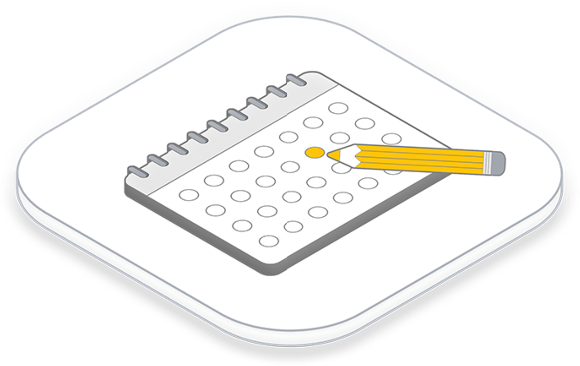02
August 2023
The digital revolution has changed our lives in many ways. Big Data and the Internet of Things (IoT) are two key technologies that play a decisive role in this. But how are Big Data and IoT related? And how can Big Data analytics help collect, analyze and use data from connected devices to make intelligent decisions? In this blog post, we will explore these questions and also discuss why digital in metering does not automatically mean smart.
The connection between Big Data and IoT
The Internet of Things is a network of physical objects equipped with sensors, software and other technologies to collect and share data from their environment. These networked devices generate vast amounts of data known as Big Data. Big Data includes structured and unstructured data from a variety of sources and in a variety of formats.
The connection between Big Data and the IoT is that the IoT provides the data, while Big Data enables the analysis of that data. Through the interaction of these two technologies, companies and organizations can gain valuable insights to make more efficient and intelligent decisions.
Big Data analytics: Collecting, analyzing, and leveraging data from connected devices
Big data analytics is the process of examining large amounts of data using analytical tools and algorithms to identify patterns, trends, and relationships. In the context of the Internet of Things, Big Data analytics can help effectively process and use data collected from networked devices. The process consists of several steps:
-
Data collection: Sensors and devices in the Internet of Things continuously collect data from their environment. These are transmitted to a central location where they are available for analysis.
-
Data processing: The collected data is converted into a format suitable for analysis and cleaned to remove errors or inconsistent information.
-
Data analysis: The processed data is then examined using statistical models, machine learning algorithms, and other analysis methods to identify patterns and relationships.
-
Decision making: The results of the data analysis are used to make informed decisions and optimize processes, systems, or services.
Why is digital metering not automatically smart?
Although IoT and Big Data offer many advantages, the presence of digital metering systems and sensors does not automatically mean that these systems are also “intelligent”. This can be seen, among other things, in the smart meters used in the energy industry. In many households, the familiar black electricity meter with the continuously rotating disc has already been replaced by a device with a digital display. However, these modern meters are not necessarily intelligent, as they lack the ability to connect to network operators and electricity suppliers via the Internet. This is because they lack the so-called smart meter gateway communication unit. There are therefore several factors that need to be considered to ensure that IoT systems are intelligent and effective:
Data quality
One of the biggest challenges in implementing IoT systems is ensuring high data quality. Faulty or inaccurate data can lead to incorrect conclusions and decisions. Therefore, it is important that sensors and devices provide accurate and reliable data.
Data privacy and security
As networked devices increase, so does the risk of data breaches and cyberattacks. Companies and organizations must therefore take appropriate security measures to protect the data they collect from unauthorized access and misuse.
Integration and interoperability
IoT systems often consist of devices and components from different manufacturers. To ensure smooth operation and efficient data usage, these components must be compatible and work together seamlessly.
Scalability
IoT systems must be able to handle an increasing number of devices and a growing amount of data. This means that Big Data infrastructures and analytics must be continuously adapted and expanded to keep pace with increasing complexity.
Conclusion
The combination of IoT and Big Data offers tremendous opportunities to make our lives more efficient, sustainable and convenient. Big Data analytics can help collect and analyze the data collected from connected devices and use it to make intelligent decisions. However, it is important to note that digital does not automatically mean smart. To fully exploit the potential of these technologies, companies and organizations must pay attention to data quality, data protection, integration and scalability. Only then can they take full advantage of Big Data and IoT and develop and implement truly smart meter systems.
If you would like to learn more about how Big Data and IoT can be combined in a meaningful way in your company, contact our experts.
About the author



Comments